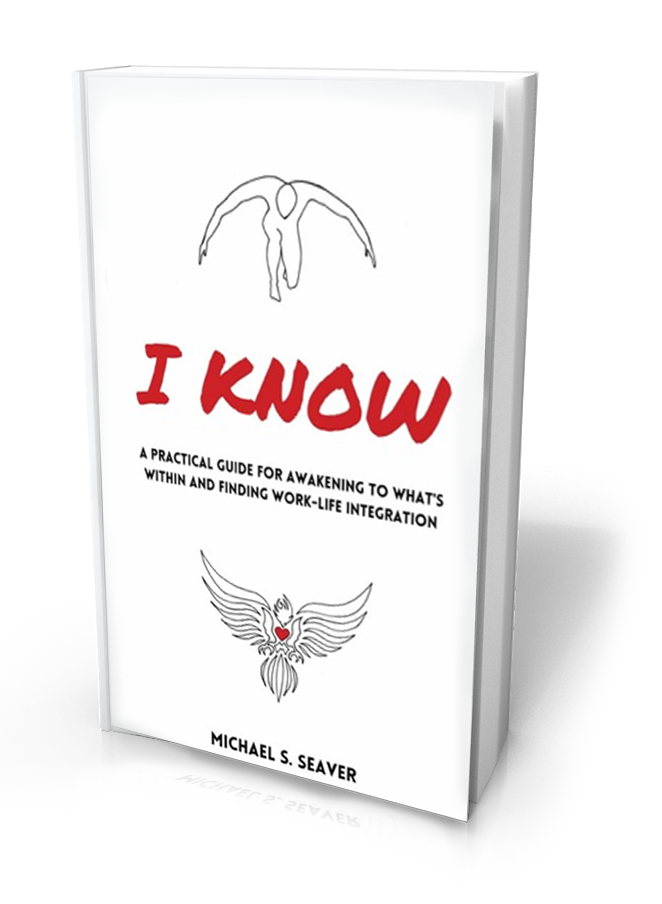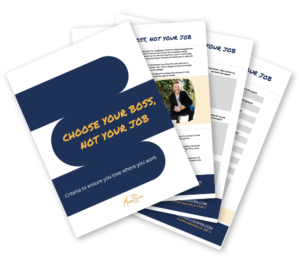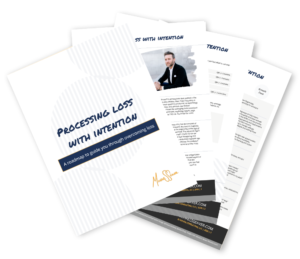Have you noticed the things that make people great in one area of life often make them miserable in others? Success in one area seems to be tied to failure in another because we go to such extremes to be accepted. If you devote extra hours to a job, you are likely spending less time with family. If you build muscle by over-consuming animal proteins, you’re also creating an acidic environment in your blood that makes your body susceptible to illness, heart disease and cancer. This dichotomy of success and failure often triggers a roller coaster of emotions, stress and deteriorating confidence.
To acquire self confidence, consider confronting your fears one step at a time. The most important question to ask yourself isn’t, “What success do I want?”, but rather, “What short-term pain am I willing to endure?”. Too many people fall victim to the success money, fame or positional power offer. These synthetic successes rarely lead to happiness. As the Harvard Study of Adult Development uncovered, meaningful relationships are the true key to long, happy and healthy lives.
The fastest way to acquire self confidence is to do what you are afraid to do. If you take a learning mindset in knowing that when you try new things, you will make mistakes (and that is okay!). You will acquire confidence slowly, but surely, and will be able to convert your confidence into promotions, starting your own business or deeper relationships.
Based on your behavioral style, here are a few ways to confront fears and build confidence –
If you’re an extrovert and task oriented, you likely fear being taken advantage of. Confront that fear by having more in-depth emotional conversations with your partner/spouse and see that emotions are not a sign of weakness. When delegating tasks to work colleagues, set clear expectations and avoid micromanaging. You’ll still achieve your goals and receive the recognition you deserve. Your brain has a tendency to view the world pessimistically, so instead of responding in anger when things don’t go as planned, practice positive psychology to stay on the path to self confidence.
If you’re an extrovert and people oriented, you may fear social rejection. Overcome this fear by increasing the number of times you say “no” to social events that do not align with your life’s mission. You’ll find that people still accept you for you. Consciously focus on ways others can earn your trust before you offer it blindly, such as giving them small tasks to complete to prove their competence. You tend to view yourself as more powerful than the environment around you and see the world through optimistic lenses, so challenge yourself to more pragmatic means of leading people, i.e. tough disciplinary conversations, completing long-term projects or sacrificing a night out with friends to work late with your team.
If you’re an introvert and task oriented, you likely fear criticism of your work. Confront this fear by openly sharing your pet projects and ask for candid feedback. Remind yourself that the feedback is meant to help you improve. When in a tough discussion with your boss, don’t take his/her feedback personally. Treat it as a data point that is helping to guide you down your life’s path. Your brain has a tendency to view the world pessimistically, so instead of responding in fear when things don’t go as planned, go for a walk, practice breathing techniques or change your environment so you can reverse a potential downward spiral.
If you’re an introvert and people oriented, you may fear loss of security. Overcome this fear by starting a small side business and become comfortable with the ebbs and flows of revenue until it becomes consistent. You likely also have a great poker face and show little emotion in public. Challenge yourself by openly displaying a range of emotions with trusted colleagues until you feel the confidence of knowing they’re like you deep down inside. You tend to view yourself as less powerful than the environment around you and see the world through optimistic lenses, so create opportunities to meet new people, speak publicly or donate more time to your favorite nonprofit to be more extroverted.
Are you willing to endure small amounts of short-term pain to slowly work towards your goals and be better at building relationships?
Confidence is critical to success. Sometimes, it’s important to remember to look past the person who has worked for a big name company, has the heavily-credentialed resume or the trappings of synthetic success. Someone who continually challenges him/herself, makes mistakes, fails and learns… a lot. Those are the people who are driven to try, fail, and try again until they get it right, not those wrapped up in worrying whether they look like a success to others.
Avoid being miserable trying to look like a success. Don’t go to extremes. BE a success by consciously taking action to acquire the self confidence that will make your long-term goals easier to attain.






Connect with me